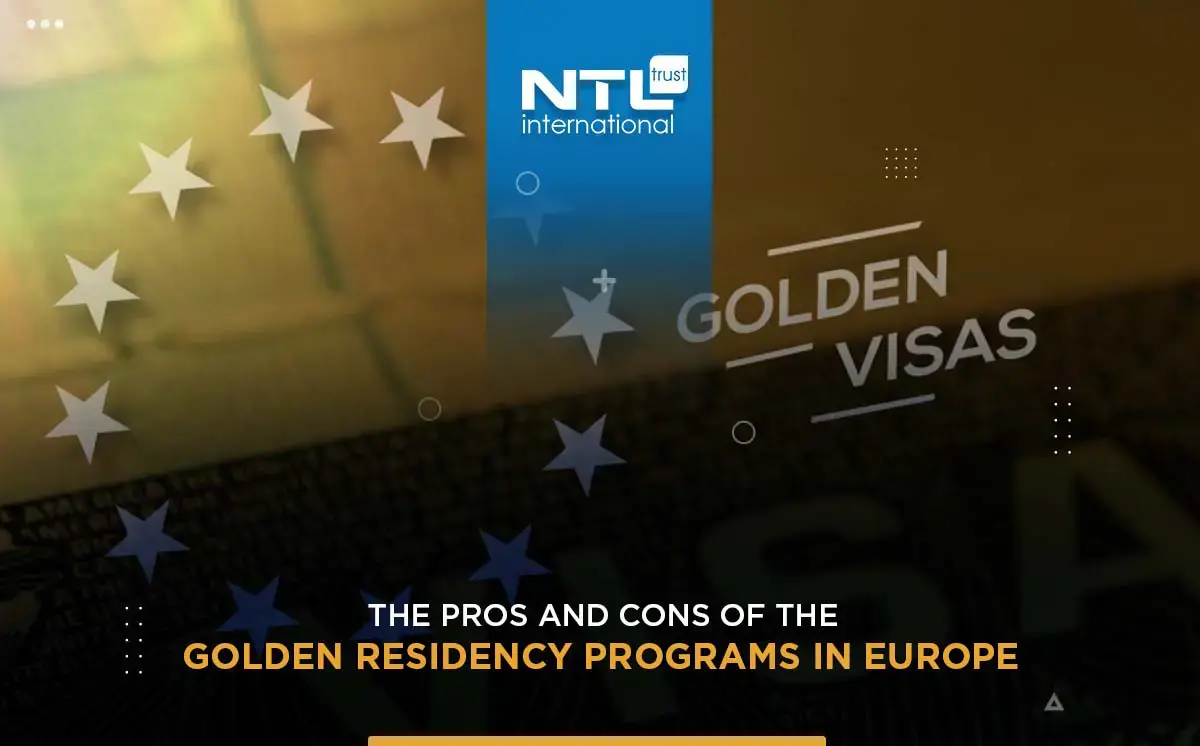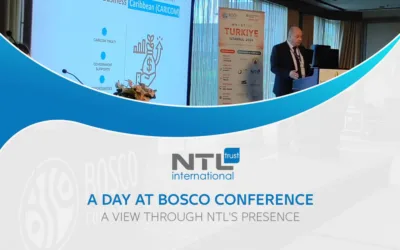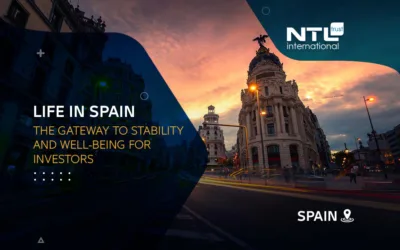
Golden Residency Programs in Europe represent an ideal opportunity for those wishing to reside in European Union countries, facilitating access to global markets, opening borders to a wide world of investment opportunities, and providing safe and stable living conditions. In today’s article, we will provide you with a comparison of the best Golden Residency Programs in Europe in terms of the pros and cons of the program in each country.
Golden Residency in Cyprus:
The Cypriot government has expanded the list of countries that grant visa-free entry to holders of Cypriot passports, and currently, Cypriot passport holders enjoy visa-free travel to about 174 countries.
Pros:
- Investors are entitled to work, reside, and study in Cyprus permanently.
- Cyprus enjoys a low tax system.
- Cyprus has international tax treaties to avoid double taxation, allowing investors to benefit from its low tax system.
- Cyprus’ Golden Residency Program is one of the fastest in Europe; residency can be obtained within two months.
- The possibility of obtaining citizenship after 7 years, provided residency equivalent to a total of 5 years is achieved.
- Benefit from real estate investment and property rental during the ownership period.
- Cyprus allows dual citizenship.
Cons:
- Cyprus is not part of the Schengen area, thus residents cannot enter the Schengen area directly.
- Investors need to visit Cyprus every two years to maintain the validity of the Golden Residence Permit.
- If the investor desires citizenship, they must reside for 365 days in the last year before application.
Golden Residency in Spain:
The Spanish government announced in 2013 the issuance of a law allowing investors from outside the European Union to reside in the country through the Golden Residency Program, considered one of the fastest programs in Europe.
Pros:
- Flexible residency requirements, as investors do not need to physically stay in the country to retain residency.
- The Spanish Residence Program allows travel to all Schengen area countries without a visa.
- Applicants can live, work, and study in Spain.
- Achieve profitable real estate investments yielding financial returns through renting.
- Investors can apply for permanent residency after residing in Spain for five years.
- They can also apply for Spanish citizenship after residing in Spain for 10 consecutive years (183 days per year).
Cons:
- Investors cannot apply for permanent residency or citizenship if they have resided outside Spain for six consecutive months in the same year.
- Spain does not allow dual citizenship; investors must renounce their original citizenship to obtain Spanish citizenship.
- Individuals aged 18 or older cannot renew the Golden Residency upon reaching this age, or start a self-employed business of their own.
- The investment threshold to obtain the Golden Residency starts at €500,000, which is relatively high compared to some other programs.
Read more: Top 10 RBI programs in 2020
Golden Residency in Greece:
Among the Golden Residency Program, the Greek Golden Residency Program was launched in 2013, granting a 5-year residence permit in exchange for real estate investment ranging from €250,000 to €500,000 in Greece, with expectations of increase according to recent government statements.
Pros:
- The Greek Golden Residency Program allows investors to include their spouses and children under 21.
- Freedom of travel within the Schengen area.
- It is still possible to obtain residency through real estate investment valued at €250,000 in some Greek towns, which is the lowest value in Europe.
- No personal interview required for residency in Greece.
- Applicants can apply for citizenship after 7 years of continuous residence in Greece.
- Greece allows dual citizenship.
- No taxes imposed on non-residents in Greece.
Cons:
- Direct citizenship cannot be obtained.
- Mastery of the Greek language is required before applying, knowing that it is considered one of the difficult languages.
- Its procedures are not fast compared to other Golden Residency programs in Europe.
Golden Residency in Malta:
The program was launched in 2015. Once you obtain the residence permit in Malta, which is considered one of the Golden Residency Program, it will open the door for you to travel and visit European Union countries without a Schengen visa, such as Germany, France, Italy, Portugal, and Greece.
Pros:
- Investors have the right to reside and settle permanently in Malta.
- The possibility of visa-free travel for applicants and their families to the Schengen area as long as the residence permit is valid.
- Applicants can obtain a permanent residence card.
- Investors can live, work, and study in Malta indefinitely.
- Investors can benefit from tax advantages under the Global Residence Program.
- Applicants can apply for citizenship after 7 years of residence.
- Malta is the only European country where English is one of the official languages.
Cons:
- Obtaining the Golden Residency in Malta may take between 8 and 10 months.
- Investors must pay government fees and make a non-refundable donation.
- Investors must purchase real estate worth at least €300,000 or rent a residence for at least €10,000 annually to maintain residence continuity.
Golden Residency in Portugal:
The initial residence card is issued for two years, and the second residence card is issued for three years. After 5 years, you can apply for permanent residency or citizenship.
Pros:
- Allows practicing any professional activity as a freelancer.
- Access to healthcare and education.
- Allows spouses, dependents, and parents to live in Portugal.
- Access to Schengen countries.
- After 5 years of residence, you can apply for permanent residency or citizenship.
Speaking of the negatives, we cannot ignore the mandatory residency period for the investor in the last year. The Golden Residency law in Portugal stipulates that the investor wishing to obtain Portuguese citizenship must meet the requirement of residing for at least 6 months in the last year of their golden residency.
In conclusion, investors should carefully research and consult legal and financial advisors to understand the impacts of the Golden Residency Programs in Europe, and grasp both the positive and negative aspects of each program.
You can contact our team at NTL for the necessary consultation through our specialized residency matters team in Europe and everything related to it.
Bosco Conference Istanbul 2024
Caribbean CBI What’s next, one of Bosco Conference Istanbul 2024 lecture’s..
Life in Spain: the gateway to stability and well-being for investors
Areas of life in Spain, a closer look at the requirements of daily life
Staying in Portugal: Diverse Visas Offer Options for Retirement, Investment, and More!
Have you been thinking of Staying in Portugal?
Greek Golden Visa: New Investment Tiers
Greek Golden Visa: New Investment Thresholds Announced
CBI programs bring together 4 Caribbean islands to sign a MOA
4 of 5 Caribbean CBI programs sign a cooperation agreement.





